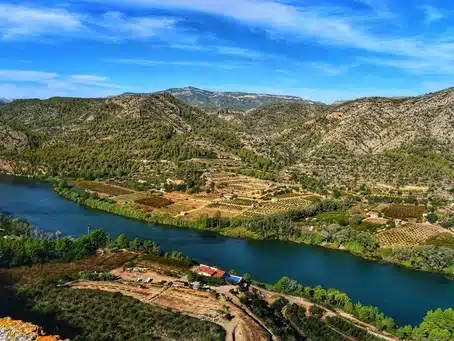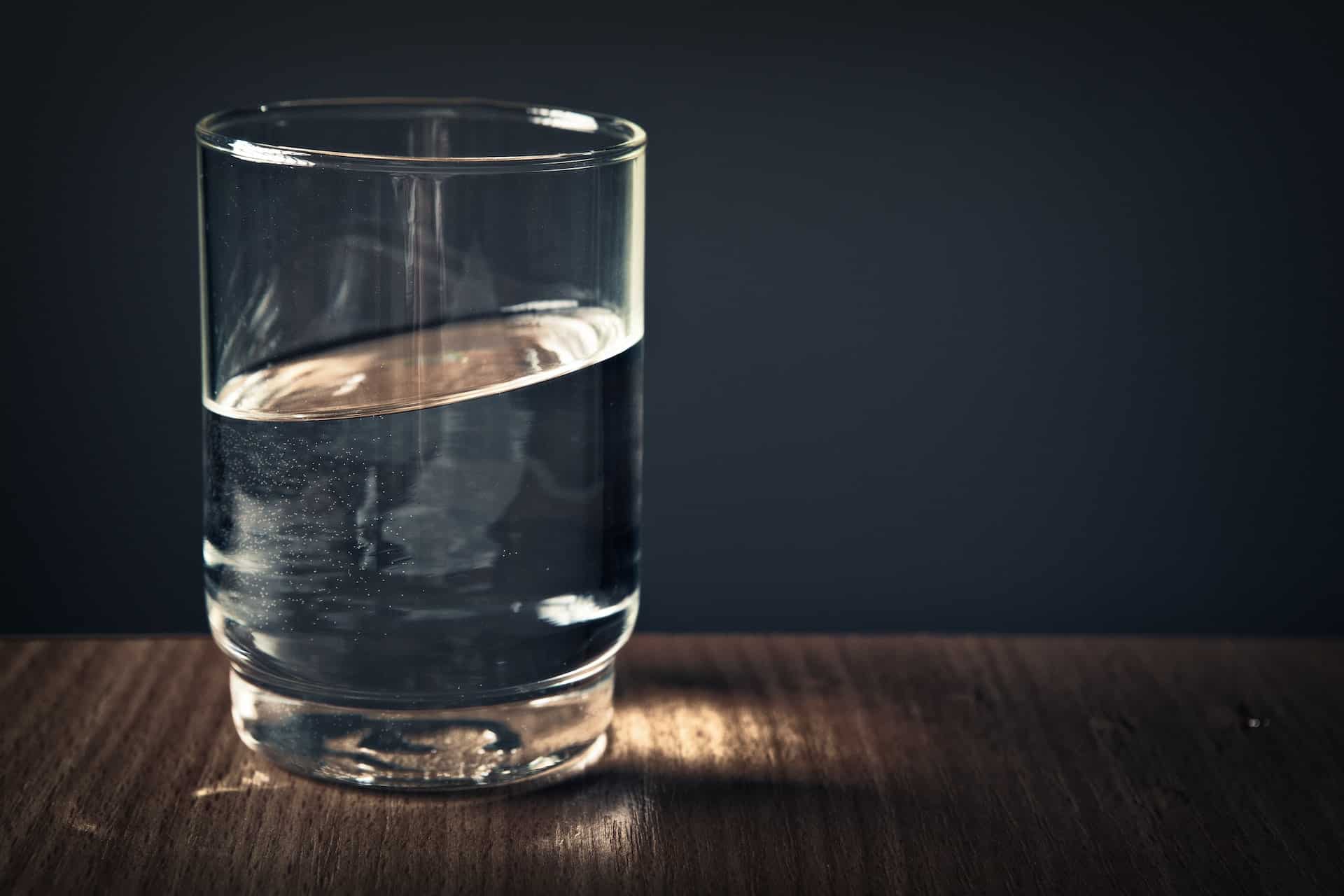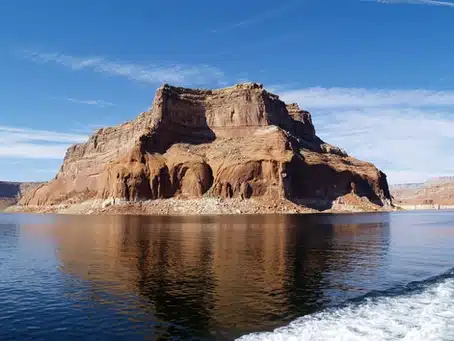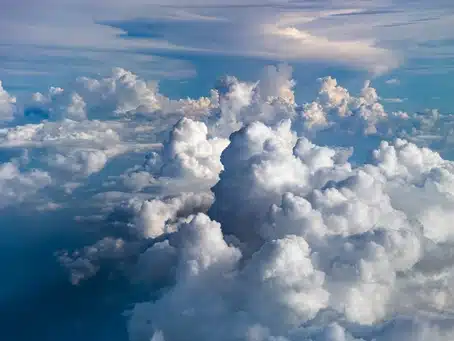A Practical Guide to Taking Your Water Supply Off Grid

In the event of a natural or man-made disaster, it’s important to have a plan in place for how you will continue to receive an uninterrupted water supply. This guide provides tips on how to make an off grid water system and ensure that you will always have access to potable water.
Is Living Off The Grid Sustainable?
Taking your reliance upon the municipal water supply off your hands is one way to increase your self-reliance and decrease your ecological footprint. It’s important to consider, however, whether or not you can truly commit to living off the grid before taking this step.
There are a number of factors that you will need to take into account, such as your climate, terrain, and the amount of rainfall or snowmelt that your area receives. You will also need to have a reliable source of water, whether that be from a spring, well, atmospheric water generator or another natural water source.
It’s important to remember that living off the grid is not for everyone. It takes a lot of hard work and dedication to make it work. If you’re not prepared to make the necessary lifestyle changes, then living off the grid is not going to be sustainable for you.
The Benefits of Configuring an Off Grid Water Supply
There are a number of reasons why you might want to consider going off grid with your water supply. These include:
1. Increased self-reliance: When you’re not reliant upon the municipal water supply, you’re less likely to be affected by disruptions to this service. This is especially important in the event of a natural disaster or man-made crisis.
2. Decreased ecological footprint: By collecting and using rainwater or water from a natural spring, you’re reducing the amount of water that you’re taking from the municipal water supply. This can help to reduce your ecological footprint.
3. Cost savings: Collecting and using rainwater or water from a natural spring can help to save you money on your water bill.
4. Water quality: When you’re not reliant upon the municipal water supply, you can be sure that the quality of your water is not compromised by treatment chemicals or other contaminants.
What Is an Off Grid Water System?
The average home in the US is connected to a municipal water supply, which is then treated and delivered to homes through a system of pipes. An off grid water system is one that is not connected to the municipal water supply.
This means you won’t be billed for water services or be subject to water restrictions anymore, however, you also won’t have the benefit of treated water being delivered to your home. As such, it’s important to have a plan in place for how you will collect, store, and treat your own water.
How Do Off Grid People Get Water?
There are a number of different ways to collect and store water for an off grid system, such as:
Atmospheric Water Generators
Atmospheric water generators are a newer technology that can be used to collect water from the air. This is especially useful in areas where there is a lot of humidity, such as in temperate areas of the US.
Once you have collected your water, it will need to be stored in a safe and sanitary manner. This can be accomplished by using food-grade barrels, storage tanks, or cisterns.
Rainwater Harvesting
Rainwater harvesting barrels are a common method of collecting and storing water for an off-grid system. They can be placed beneath your home’s gutter downspouts to collect rainwater from your roof.
It’s important to use food-grade barrels, as non-food-grade barrels can leach chemicals into the water that can be harmful to your health.
Wells
Another option for making an off grid water system is to drill a well. This is often the most expensive option, but it can be a good choice if you have the necessary resources.
Gravity-Fed Streams or Springs
If you’re lucky enough to have a natural spring on your property, you can use this as your water source. You’ll need to collect the water in food-grade barrels or storage tanks and then treat it before using it.
No matter which collection method you choose, it’s important to remember that you will also need to treat your water before using it. This can be done by boiling the water, using a water filter, or by adding bleach or other disinfectants, depending on the collection method.
How Does Off Grid Solar Water Generator System Work
Atmospheric water generators powered by solar allow for a full off grid, air water harvesting solution. They work by making water from the air and then using a filtration system to remove impurities. The water from air can then be stored in a tank or barrel for later use.
What Are the Disadvantages of Going Off Grid With Your Water Supply?
While there are many advantages to going off grid with your water supply, there are also some disadvantages that you should be aware of. These include:
1. Increased upfront costs – While you may save money in the long run by not being billed for water services, the initial cost of setting up an off grid water system can be expensive.
2. Increased maintenance – An off grid water system will require more maintenance than a municipal water system. This is because you will be responsible for treating and storing your own water.
3. Water quality – When you’re not reliant upon the municipal water supply, you are responsible for ensuring the quality of your water is not compromised by treatment chemicals or other contaminants.
How to Go Off Grid With Your Water Supply
If you’re interested in going off grid with your water supply, there are a number of steps that you will need to take. These include:
1. Assess your water needs – The first step is to assess your water needs. This will help you determine the best way to collect and store water for your home.
2. Choose a water collection method – Once you know how much water you need, you can choose the best method for collecting it. This may include rainwater harvesting, drilling a well, or using an atmospheric water generator.
3. Treat your water – It’s important to treat your water before using it, in order to remove impurities. This can be done by boiling the water, using a water filter, or adding bleach or other disinfectants.
4. Store your water – Once you have collected and treated your water, you will need to store it in a safe and sanitary manner. This can be done by using food-grade barrels, storage tanks, or cisterns.
5. Use your water wisely – Finally, you will need to use your water wisely in order to avoid running out. This means conserving water whenever possible and using it only for essential needs.
Other Things to Know
How Do You Pressurize Water Off The Grid?
If you’re using an off grid water system, you may need to pressurize the water in order to use it. This can be done with a hand pump, an electric pump, or a gravity-fed system.
It’s important to note that not all off grid water systems will require pressurized water. If you’re using a cistern or rainwater barrel, for example, the water will already be under pressure due to gravity.
However, if you’re using a well or other source of water that is not under pressure, you will need to use a pump in order to get the water into your home.
Pumps can be powered by solar-generated electricity, which is convenient, but may not be an option depending on your region. In this case, you can use a hand pump or a gravity-fed system.
A gravity-fed system relies on the force of gravity to move water from a high point (such as a roof) to a lower point (such as a storage tank). This can be a simple and effective way to pressurize water, but it does require that the water be collected at a higher elevation than where it will be used.
Hand pumps are another option for pressurizing water. These can be powered by manual labor, which makes them a good option for those who live in remote areas or who don’t have access to renewable energy sources.
How Much Water Do You Need For Off Grid Storage?
The amount of water you need for your off grid water system will depend on a number of factors, including the size of your family, the climate you live in, and the availability of water.
A good rule of thumb is to have at least a 500-gallon storage capacity. This will give you a buffer in case of emergencies and will ensure that you have enough water to last through hot weather or extended periods without rainfall.
Storing water is an important part of being prepared for any emergency. By having a reliable off grid water storage system, you can ensure that your family will have access to clean, potable water even if the power goes out or other water sources are unavailable.
How Do I Keep My Off Grid Water From Freezing?
If you’re using an off grid water system, you may need to take steps to keep your water from freezing in cold weather. This can be done by insulating your pipes and keeping your water tank in a warm place.
Pipes can be insulated with materials such as foam pipe insulation or electrical tape. This will help to keep the water inside from freezing and expanding, which can cause the pipes to burst.
If you’re using an atmospheric water generator, you can also keep the water tank in a warm place, such as a basement or an insulated shed. This will help to prevent the water inside from freezing.
In extremely cold weather, you may need to use a heater to keep your off grid water system from freezing. This can be done with an electric heater or a propane heater.
How Do You Deal With Grey Water Off The Grid?
If you’re living off the grid, you will need to deal with grey water in a different way than if you were on the grid. Grey water is wastewater that contains soap, food, and other contaminants.
There are a few different ways to deal with grey water off the grid. One option is to use a grey water treatment system, which will remove the contaminants from the water so that it can be used for other purposes.
It’s important to note that grey water should not be used for drinking or cooking purposes. However, it can be used for other purposes, such as watering plants or flushing toilets.
Another option is to simply allow the grey water to evaporate. This can be done by using a grey water evaporation system or by simply allowing the water to sit out in the sun. If you’re using an atmospheric water generator, having a grey water pond nearby can also help to recollect the evaporated water.
Finally, you can also reuse grey water for other purposes, such as irrigation. This is a good option if you have a garden or other plants that can benefit from the nutrients in the grey water.
So, Which System is Best For You?
The best off grid water storage system for you will depend on a number of factors, including the size of your family, the climate you live in, and the availability of water.
In most areas of the US, the most hassle-free way to collect water for off grid storage is by using an atmospheric water generator. This system can be used in any climate (even many arid regions) and will provide you with a reliable source of water from air.
At Aquaria, we can create a custom plan for taking your water off grid with an atmospheric water generator. We’ll help you determine the best way to collect, store, and use water in your specific situation.
To learn more about our off grid water systems, contact us for a quote today!


